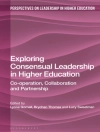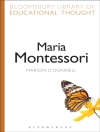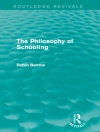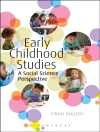The most realistic and level-headed discussion of doing fieldwork that I have read in years. No aspriing ethnographer should be without it. -Stephen R. Barley, Stanford University, past editor of Administrative Science Quarterly ‘I wish every author of a qualitative submission to ASQ would read it and use its checklist.’ –Reed Nelson, Southern Illinois University, Associate Editor of Administrative Science Quarterly ‘I was so taken by its exposition and clarity of thought that I have just ordered The Ethnographer′s Method as required reading in my ′Methods of Field Research′ course.’ –Peter Adler, University of Denver and past co-editor of Journal of Contemporary Ethnography ‘I admire its clear language and simultaneously detailed and clear thought—a rare combination these days!’ –Fredrik Barth, University of Oslo In one of the latest volumes in the Qualitative Research Methods series, author Alex Stewart helps beginning ethnographersùand their professorsùdevise a clearly articulated explanation of their methods. He asserts that norms about discussing methods in ethnographies are underdeveloped and that this can be detrimental for ethnographers seeking funding, or positive reviews in non-ethnographic journals. This book considers what ought to be normative in methods discussions within ethnographyùfrom the research design to the end product. Clear, concise, and always practical, The EthnographerÆs Method will be an invaluable resource for ethnographers, professorsùand those who are charged with reviewing ethnographic work.
Inhoudsopgave
Who Will Determine Expectations?
Depicting Ethnographic Method
Working toward Veracity
Working toward Objectivity
Working toward Perspicacity
Putting Expectations To Use
Over de auteur
Alex Stewart joined Marquette University in 2000 after ten years on the faculty of Texas Tech University. He is a past Chair of the Entrepreneurship Division of the Academy of Management, Program Chair and Co-Convener of the Organization Science Winter Conference, and Program Chair of the Family Enterprise Research Conference (for which he serves on the board). He has taught in virtually all levels for many different student groups and enjoyed them all, and currently focuses on leading the Entrepreneurship major and launching a non-business minor for MU undergraduates. His emerging research will focus on the photo-ethnographic study of kinship and entrepreneurship.












